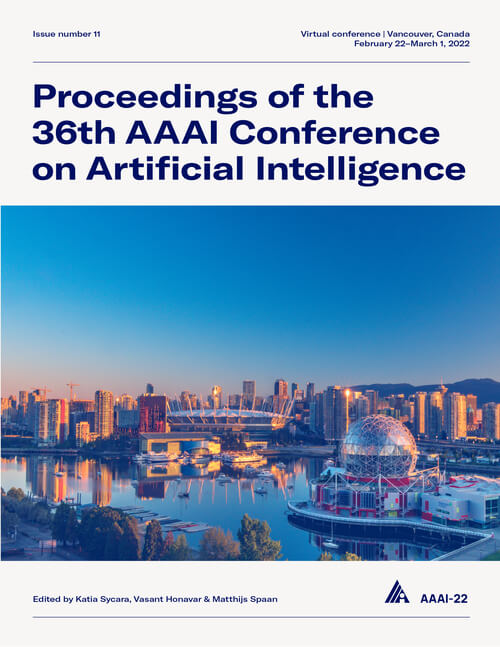Context-Aware Transfer Attacks for Object Detection
DOI:
https://doi.org/10.1609/aaai.v36i1.19889Keywords:
Computer Vision (CV), Machine Learning (ML)Abstract
Blackbox transfer attacks for image classifiers have been extensively studied in recent years. In contrast, little progress has been made on transfer attacks for object detectors. Object detectors take a holistic view of the image and the detection of one object (or lack thereof) often depends on other objects in the scene. This makes such detectors inherently context-aware and adversarial attacks in this space are more challenging than those targeting image classifiers. In this paper, we present a new approach to generate context-aware attacks for object detectors. We show that by using co-occurrence of objects and their relative locations and sizes as context information, we can successfully generate targeted mis-categorization attacks that achieve higher transfer success rates on blackbox object detectors than the state-of-the-art. We test our approach on a variety of object detectors with images from PASCAL VOC and MS COCO datasets and demonstrate up to 20 percentage points improvement in performance compared to the other state-of-the-art methods.Downloads
Published
2022-06-28
How to Cite
Cai, Z., Xie, X., Li, S., Yin, M., Song, C., Krishnamurthy, S. V., Roy-Chowdhury, A. K., & Asif, M. S. (2022). Context-Aware Transfer Attacks for Object Detection. Proceedings of the AAAI Conference on Artificial Intelligence, 36(1), 149-157. https://doi.org/10.1609/aaai.v36i1.19889
Issue
Section
AAAI Technical Track on Computer Vision I

